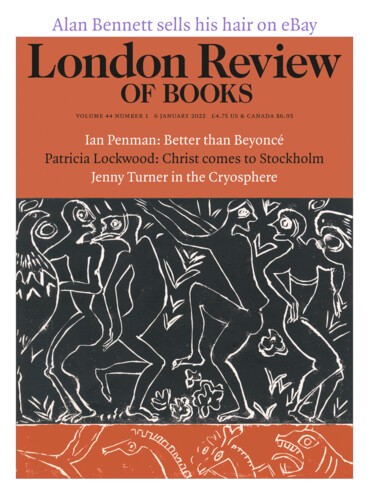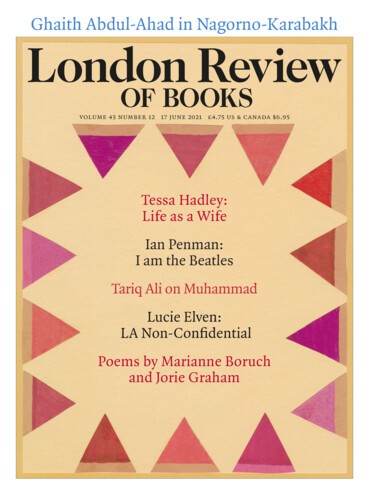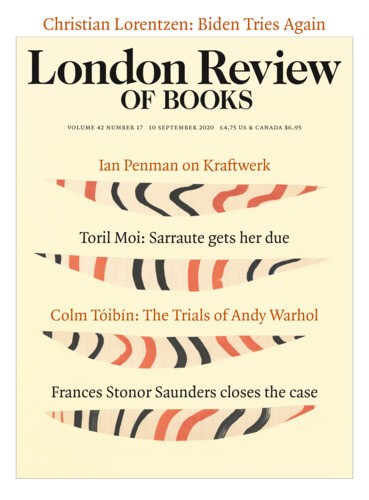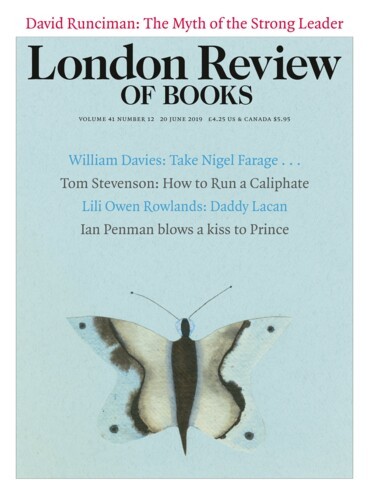One evening recently I was in the local supermarket, which always has a surprisingly tasteful collection of old pop and soul hits on its playlist. ‘Raspberry Beret’ came on and I just couldn’t help it: I was instantly transported, singing along and showing out, right there in Aisle 3. It still sounded so good: those unexpected violins, the slightly ‘off’ backing vocals (a white girl sound, reversing the usual formula where a so-so white male lead is vamped by phenomenally good black female singers), the down-home cornbread of the song’s narrative queered by tiny splinters of subtext that black listeners would immediately flash on (Prince’s store-owning boss ‘didn’t like my kind/cuz I was way too leisurely …’). Was there really ever such a phantasmagorically odd pop hit as this, or was it all just a dream?
One evening recently I was in the local supermarket, which always has a surprisingly tasteful collection of old pop and soul hits on its playlist. ‘Raspberry Beret’ came on and I just couldn’t help it: I was instantly transported, singing along and showing out, right there in Aisle 3. Was there really ever such a phantasmagorically odd pop hit as this, or was it all just a dream?





